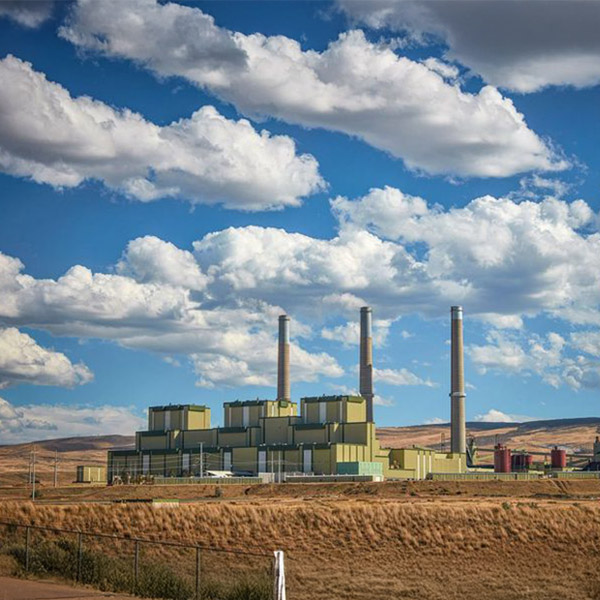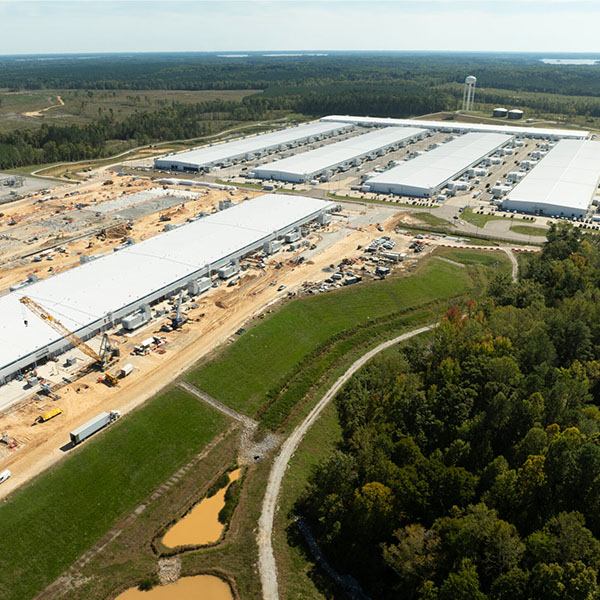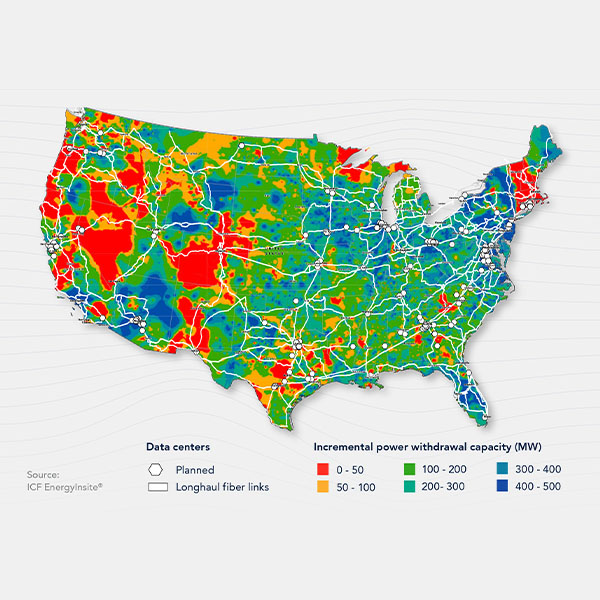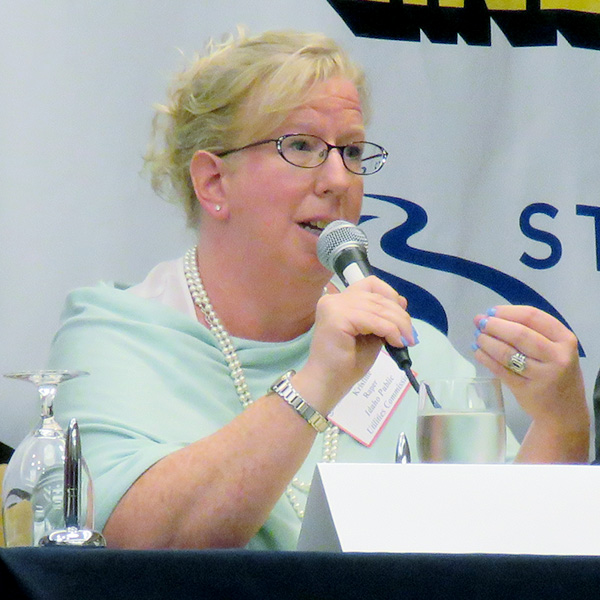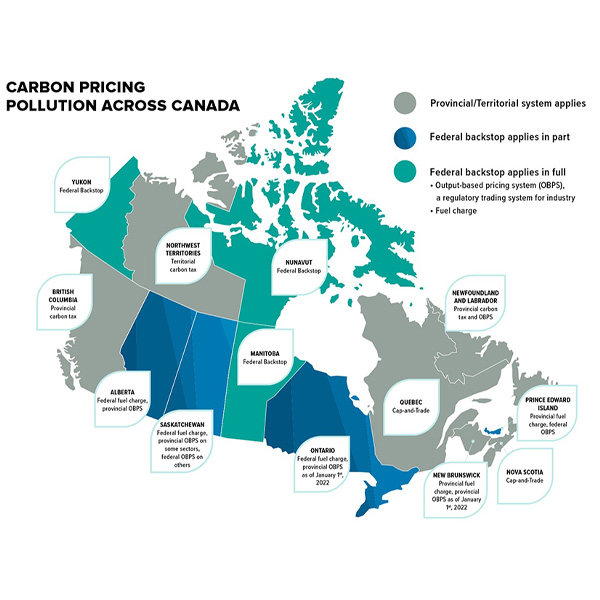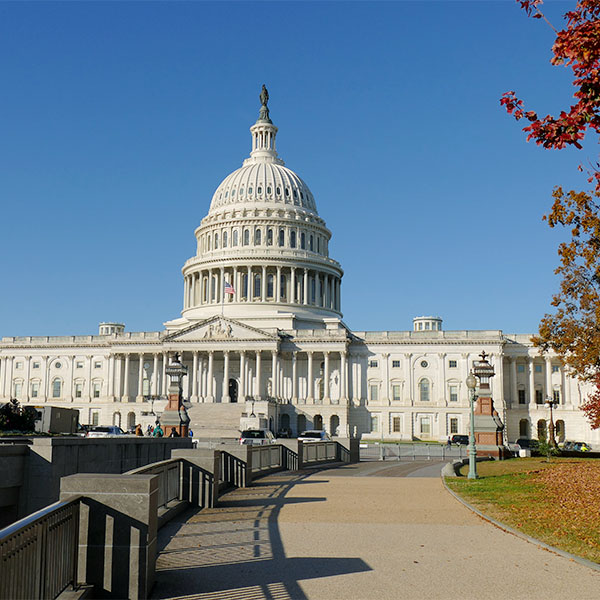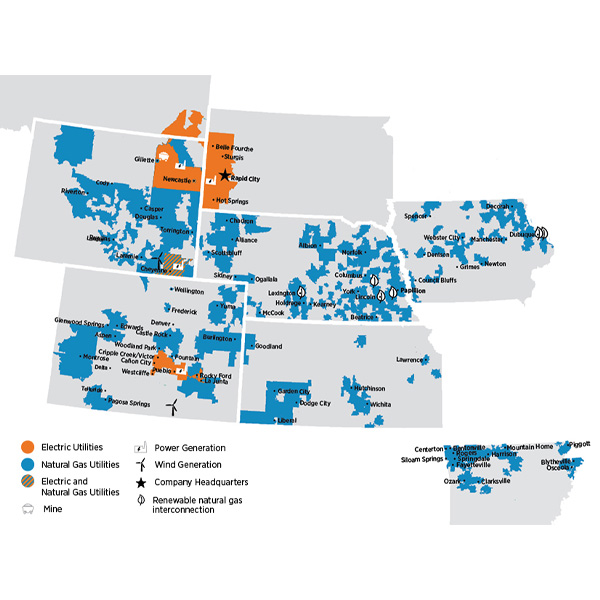State & Regional
AlabamaAlaskaArizonaArkansasCaliforniaColoradoConnecticutDelawareDistrict of ColumbiaFloridaGeorgiaHawaiiIdahoIllinoisIndianaIowaKansasKentuckyLouisianaMaineManitobaMarylandMassachusettsMichiganMinnesotaMississippiMissouriMontanaNebraskaNevadaNew HampshireNew JerseyNew MexicoNew YorkNorth CarolinaNorth DakotaOhioOklahomaOntarioOregonPennsylvaniaRhode IslandRTO-IndianaSouth CarolinaSouth DakotaTennesseeTexasUtahVermontVirginiaWashingtonWest VirginiaWisconsinWyoming
The White House and PJM's governors called for a special backstop capacity auction to procure $15 billion worth of new dispatchable generation, which is to be paid for by data centers.
Local elected officials in Colorado are speaking out against the Trump administration’s order to keep the coal-fired Craig Generating Station Unit 1 available to operate past its planned retirement date.
The California Public Utility Commission approved construction of a set of transmission infrastructure projects to support a 90-MW data center owned by Microsoft, but questions remain about whether the upgrades will increase or decrease ratepayer costs.
Earthjustice accused Meta of deliberately executing an unsanctioned financial arrangement to underwrite its planned, multibillion-dollar data center in northern Louisiana and asked the Public Service Commission to investigate.
A commitment to “growth pays for growth” and properly structuring tariffs and energy supply agreements can ensure data centers pay all their costs, writes Nick Myers of the Arizona Corporation Commission.
New York Gov. Kathy Hochul is calling for a “Nuclear Reliability Backbone” of more than 8 GW as part of an all-of-the-above energy solution, which was among the more than 200 initiatives she floated as part of her State of the State Address.
SPP has hired former Idaho commissioner Kristine Raper as its senior director of state regulatory policy for the West.
After scrapping most Trudeau-era climate policies, Prime Minister Mark Carney wants to tighten rules over Canada’s industrial carbon markets, which observers say have failed to incentivize emission reductions.
U.S. Sen. Tom Cotton (R-Ark.) introduced a bill that would exempt large loads served on islanded systems from federal economic regulations for the electric industry.
Black Hills Colorado Electric has filed an application with Colorado regulators to join SPP's Markets+, saying it has no choice because it is embedded in a balancing authority that will be a Markets+ participant.
Want more? Advanced Search

